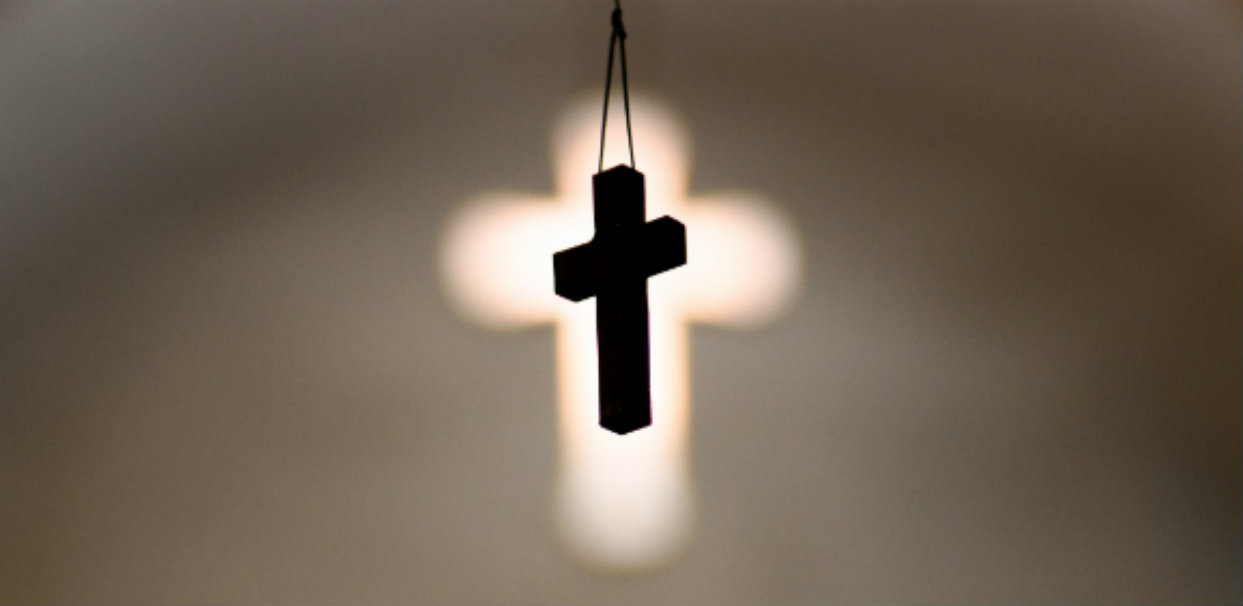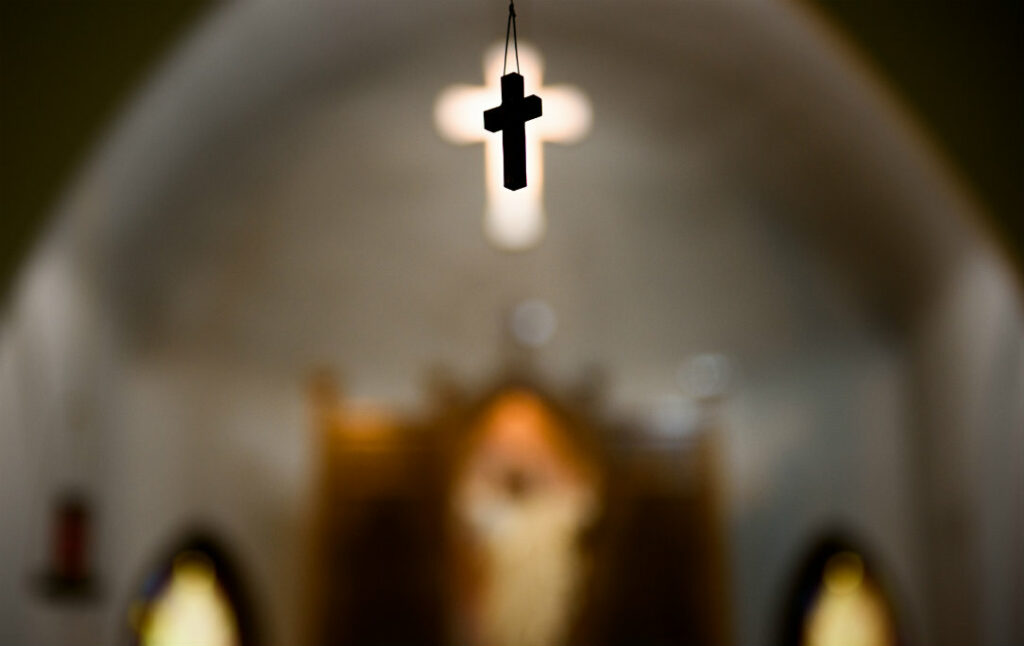
By Timothy Pauls
Is it the Apocalypse?
August 21 draws nigh, and with it comes the first total eclipse of the sun to cross the United States in since 1979. The line of totality stretches across swathes of Idaho where I live, and many have described the upcoming traffic conditions on our local two-lane highways as “apocalyptic.”
The word “apocalyptic” is often associated with a total eclipse, though not in relation to traffic patterns. A quick internet search of “2017 eclipse apocalypse” yielded over three million results. Some have predicted that this one signals the end of the world, since it’s been exactly 70 years since the modern nation of Israel was founded. (As long as we’re playing silly numbers games, I’ll note that it’s exactly 50 years since I was born, which leaves me feeling like the end is nearer for me.) Others speculate that it’s a precursor to September 23, when the constellation Virgo appears to “give birth” to the planet Jupiter, which they interpret to fulfill the prophecy of the woman in Revelation 12:1-5 — a terrible interpretation even before one reads the verses around it. Quite commonly, people are tempted to assign spiritual meaning to eclipses because they’re just so rare a phenomenon.
Actually, they’re not: the moon moves in front of the sun quite often, just not where you are. Consider: if the sun and the moon are two points on a line, all you need to do to see a total eclipse is to be on the same line with the moon between you and the sun. It’s not necessarily easy — you need a spaceship to get there most of the time. My point, though, is that total eclipses are happening a lot. They are only rare where you are.
Christians who see the eclipse as a portent will often point to Revelation 6:12, where the sun is black as sackcloth at the world’s end. Instead, I’ll point you to the prophecy of Joel 2:31 that is quoted by Peter in Acts 2:19-20: “And I will show wonders in the heavens above and signs on the earth below, blood, and fire, and vapor of smoke; the sun shall be turned to darkness and the moon to blood, before the day of the Lord comes, the great and magnificent day.” Seizing upon these texts, many claim that an eclipse signals that the end is imminent.
But is this prophecy even about the end? When Peter quotes this passage at Pentecost in Acts 2, he clearly interprets it in the light of the outpouring of the Holy Spirit and Jesus’ death on the cross.
Let’s look to the cross, then:
Was there blood on Calvary? Yes, the Savior’s own. For you.
Was there fire and vapor of smoke? Remember, God’s presence in the Old Testament was often signified by fire and smoke, so “fire and vapor of smoke” in the prophecy can well be understood as a statement of God’s presence.
Was God present at Calvary? Yes, He was nailed to the middle cross.
Was the sun turned to darkness? Yes, for three hours (Matthew 27:45). Some have even claimed the darkness on Good Friday to be a natural solar eclipse, except that solar eclipses don’t last for 180 minutes.
Was the moon turned to blood? That’s the part of the prophecy not explicitly described at the time of the crucifixion. We know the moon was full because it was the start of the Passover, but we don’t know how it appeared.
If you’re looking for some spiritual significance to the total eclipse, why speculate? Rather than guess that it’s a harbinger of the future apocalypse (a futile guess, says our Lord in Matthew 24:36), look back instead to the cross. Let it remind you of the Lord’s death for you, when even creation convulsed as the Creator suffered for your sins. As the sky goes dark and light again, think of death and resurrection — and that Christ, the Light of the World, still shines in the darkness (John 1:5). Don’t be disturbed by thoughts of the end of the world: in Christ, the end for you here is only the beginning of eternal life in glory.
So when the moon blots out the sun’s light for a few minutes on August 21, feel free to enjoy the spectacle. Just remember to wear the right glasses, and then get back to your life as one set free in Christ.
The Rev. Timothy Pauls serves as pastor at Good Shepherd Lutheran Church in Boise, Idaho.






Re Good Friday: It could not have been a solar eclipse because solar eclipses do not occur during the full moon.
Thank you for the spiritual insight.
Thank you for this great response.
Jacquie Rowen
Since the second coming of Christ will come as a thief in the night, it cracks me up to see those who think our Lord would provide such a predictable and visible sign of His coming. Oh, wait, since the Father knows that I’m not expecting Christ’s return during the eclipse, He may decide to come anyway, but since He knows I figured out that loophole in my own thinking, it wouldn’t be a surprise so He won’t come, but knowing that I know that He knows that I know…And this is why we look to the cross.
What a beautiful response to the numerous unsettling social media posts that paint a darker version of the upcoming total eclipse. Thank you!